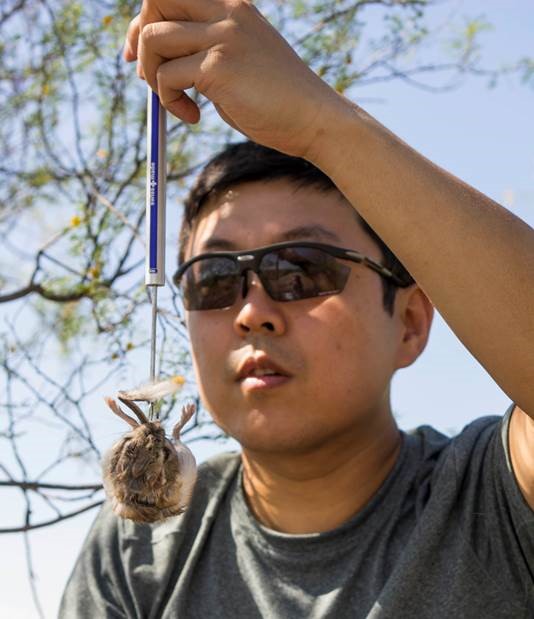
Dr. Hao Ye, a quantitative ecologist with the University of Florida, will talk about data-driven modeling or ecological dynamics during the SNR Fall Seminar at 3:30 p.m. Oct. 31 in Hardin Hall auditorium.
Dr. Hao Ye’s research brings together ideas from machine learning, dynamical systems theory, and ecology to understand how complex systems change over time. The work involves both methods development, such as R packages, and their application to diverse systems such as neuroscience, astrophysics, climate and atmospheric science to investigate the underlying mechanisms that give rise to observed patterns.
Dr. Ye has degrees in computer science, experimental psychology, and oceanography, and is currently a postdoctoral associate and Moore data fellow in the Weecology Lab, department of wildlife ecology and conservation at the University of Florida. Website: https://haoye.us
ABSTRACT
Systems that exhibit complex, nonlinear, and even chaotic dynamics can be challenging to understand and model. In particular, unlike physics or chemistry, biology does not have fundamental mathematical laws, and many of the quantitative relationships (e.g. scaling laws) are empirical rather than proscriptive. In this presentation, two examples that apply the framework of empirical dynamic modeling to infer mechanism directly from time series are examined: (1) elucidating the role of environmental conditions for recruitment of Fraser River sockeye salmon; and (2) identifying causal drivers and algal blooms in the Southern California Bight. I conclude with an overview of current work to quantifying long-term change in complex ecological communities.
FALL SEMINAR SERIES SCHEDULE
For a complete list of seminars, or for more details as they become available, click here.